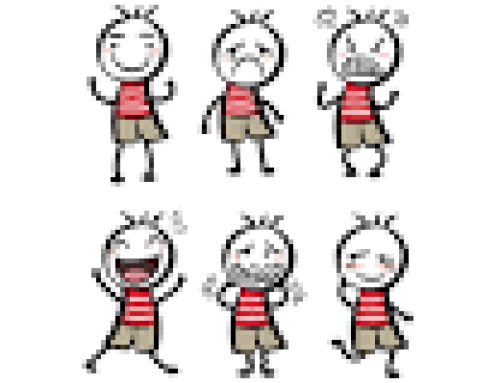Author: Alexa Rabin, Psy.D. and Lea Zweig, Psy.D.
 Below is a guide for positive discipline techniques for children of different ages. Keep in mind that this guide is based on general age ranges. As the parent, you must decide which of these techniques fit with your parenting philosophy and would be most appropriate for your child. It is important to note that generally, before one year of age, your child will simply not understand discipline. It is best during the first year of life to focus on nurturing and protecting your child. This helps to establish trust, safety, and bonding during the first year.
Below is a guide for positive discipline techniques for children of different ages. Keep in mind that this guide is based on general age ranges. As the parent, you must decide which of these techniques fit with your parenting philosophy and would be most appropriate for your child. It is important to note that generally, before one year of age, your child will simply not understand discipline. It is best during the first year of life to focus on nurturing and protecting your child. This helps to establish trust, safety, and bonding during the first year.
Toddler Years (1 to 3 years of age)
- Teach and model behavior that you would like your child to demonstrate
- Talk to your child about what behaviors are appropriate
- Positive Reinforcement- encouraging and rewarding good behavior
- Use distraction and redirection when your child is engaged in inappropriate behavior
- Pick your battles and watch your words- If children hear “no” all the time, “no” starts to lose it’s meaning
- Set them up for success- give them choices, but not too many so they feel they have some control
- For example: “We don’t throw trucks. You can drive the truck on the floor or you can throw this soft ball. Which are you going to choose?”
- Don’t ask questions that are rhetorical
- Instead of saying: “Are you ready to change your diaper?” consider this: “It’s time to change your diaper. Do you want to bring your stuffed animal or your book to hold while we change your diaper?”
- Toddlers have terrible impulse control: Consider removing tempting items that they are not developmentally ready to handle or play with. Leaving it there will not teach them impulse control, no matter how many times you tell them to leave it alone.
- When delivering consequences, give warnings and then follow through on what you said
- For example: “I have already told you 2 times that we cannot throw the truck. If you make a choice to throw it again, I’m going to take the truck and put it away and you will need to choose a different toy to play with.”
- Frontload them with the expectations so they have some sense of control
- “We are going to the grocery store and I know you are going to be a great helper for Mommy/Daddy. Since you are going to be such a great helper, you can pick out one piece of fruit to bring home for your snack.”
School Age (4 to 12 years of age)
- Positive Reinforcement
- Distraction and/or redirection
- Talking to your child about appropriate or expected behavior vs. inappropriate or unexpected behavior
- Teach and model behavior that you want your child to display
- Time out
- Negative punishment- taking away privileges. Grounding your child. Be specific about what they will be losing and warn them ahead of time what is at stake so they understand what they will lose if they make an unexpected choice. Also be clear about how long they lose the privilege and what is expected of them in order to earn the privilege back.
Teenage Years (13 to 17 years of age)
- Positive Reinforcement
- Talking to your child about expectations and boundaries
- Establish the rules together, but some rules are not negotiable
- The consequences need to be meaningful and should be as immediate as possible
- For example: If your teenager gets poor grades in the Fall quarter or semester, threatening to not let them go to prom in May has no immediate meaning or value for them
- Privileges are earned, so if your child is making good choices, be sure to provide them with meaningful privileges to encourage them to continue the positive behaviors
- If you give a privilege, be sure your child is aware of the associated rules and boundaries ahead of time
- For example: If you give your teen a cell phone, he or she should have a list of the rules associated with the phone. If the rules are broken, he or she should understand the specific associated consequences
- Be empathic and open to hearing their side of things, but be mindful that empathy does not mean permissiveness
- Negative punishment for specific negative behaviors
If you are having trouble guiding your child, talking to your child about their emotions, and/ or implementing discipline that works for your child, then it might be useful to reach out to a child psychologist in San Diego for strategies and support.





Leave A Comment